SIM Sokcheng
Senior Research Fellow and Centre Director


This study examines the benefits, risks and costs of changing from flood recession to intensive irrigated agriculture in Cambodia. Methods used include food supply calculation, nutritional supply estimation, potential production area projection, water use estimation, and energy consumption estimation. Three scenarios were designed to model current...

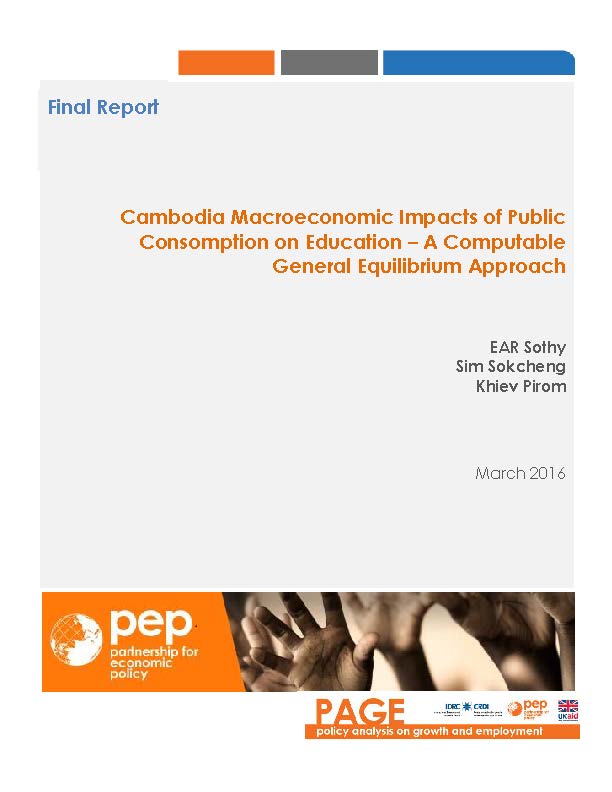
Lack of human capital is seen as one of the most significant constraints for Cambodia to be more competitive and to reach upper-middle-income country status. A recent discussion among researchers, policymakers, the private sector and development partners reached a broad consensus that a skills gap is emerging in Cambodia. In spite of concerted effo...
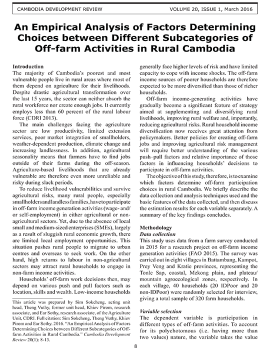

Chilies are one of the most important and widely consumed spices in Cambodia, as well as a source of income for many smallholder farmers. However, chilies production faces several challenges, such as low productivity, high input costs, pest and disease outbreaks, lack of quality seeds and planting materials, poor post-harvest handling and marketing...

Cassava is a key agricultural commodity in Cambodia, where it ranks second only to rice in terms of production and consumption. The cassava sector in Cambodia offers significant opportunities for improving food security, rural livelihoods, and bioenergy development. However, the sector faces several post-harvest challenges that affect its quality a...

Agriculture remains significant for Cambodia's economic growth, although the share of GDP and employment has declined in recent years. Agricultural export value has increased from 566 million USD in 2016 to 1,693 million USD in 2021, making its share of total exportsreach 9.64 percent in 2021. China has been one of the main exporting destinations...
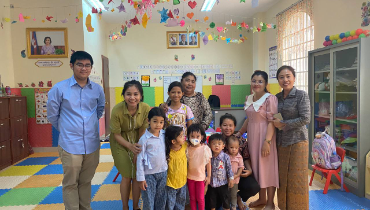
The World Bank project on “Evidence Based Policy Study: Supply and Demand Solutions for Accessibility and Affordable Childcare Services in Cambodia” examines the interlink between supply and demand for childcare services to analyze the correlation between the supply and demand for daycare centers and employment rates. This is an emerging concern...
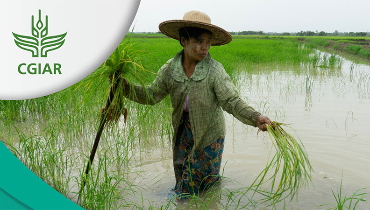
To address urgent concerns on climate change, the CGIAR, together with its centres and development partners, is officially launching the Securing the Food Systems of Asian Mega-Deltas for Climate and Livelihood Resilience (AMD). The initiative aims to create resilient, inclusive, and productive deltas by removing systemic barriers to the scaling of...
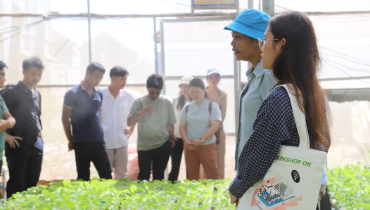
Research on Main Innovation Model in Agriculture And Rural Development is a regional study that aims to review recent innovation models in agriculture and rural development with lessons learned for future policy improvement.

IT for Change, Institute of Development Studies (IDS) and country partners are preparing a project on “Digital Economic Integration of MSMEs in the Global South”, focusing on micro, small and medium enterprises (MSMEs). Due to the Covid-19 pandemic, MSMEs of low-income populations have faced abrupt economic downturn in which the global consensus ev...
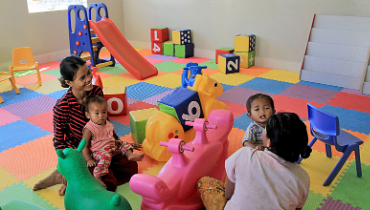
The World Bank’s East Asia and Pacific Chief Economist Office is preparing a regional flagship report on childcare. The report is exploring how childcare availability can promote equity and growth objectives and how childcare can be designed to balance the dual objectives of promoting children’s development and mothers’ labour force participation....

To improve undernutrition challenge, a five-year The Cambodia Nutrition Project (CNP) was formulated with The MOH and the National Committee for Sub-national Democratic Development (NCDDS) of the Ministry of Interior are the implementing agencies. The project brings together global evidence on effective interventions with Cambodia’s priorities to d...
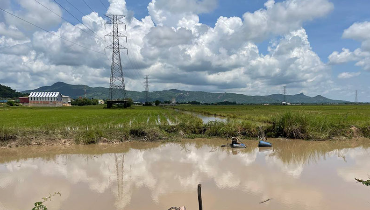
More than 60 percent of Cambodia farmers grow rice, also, rice farmers mostly are smallholder suffering from low productivity, inadequate infrastructure, and vulnerability to flooding and drought. Remote smallholders might not benefit from existing irrigation system. Supported by IFAD-NARDT, the study is policy relevant which will provide evident...

